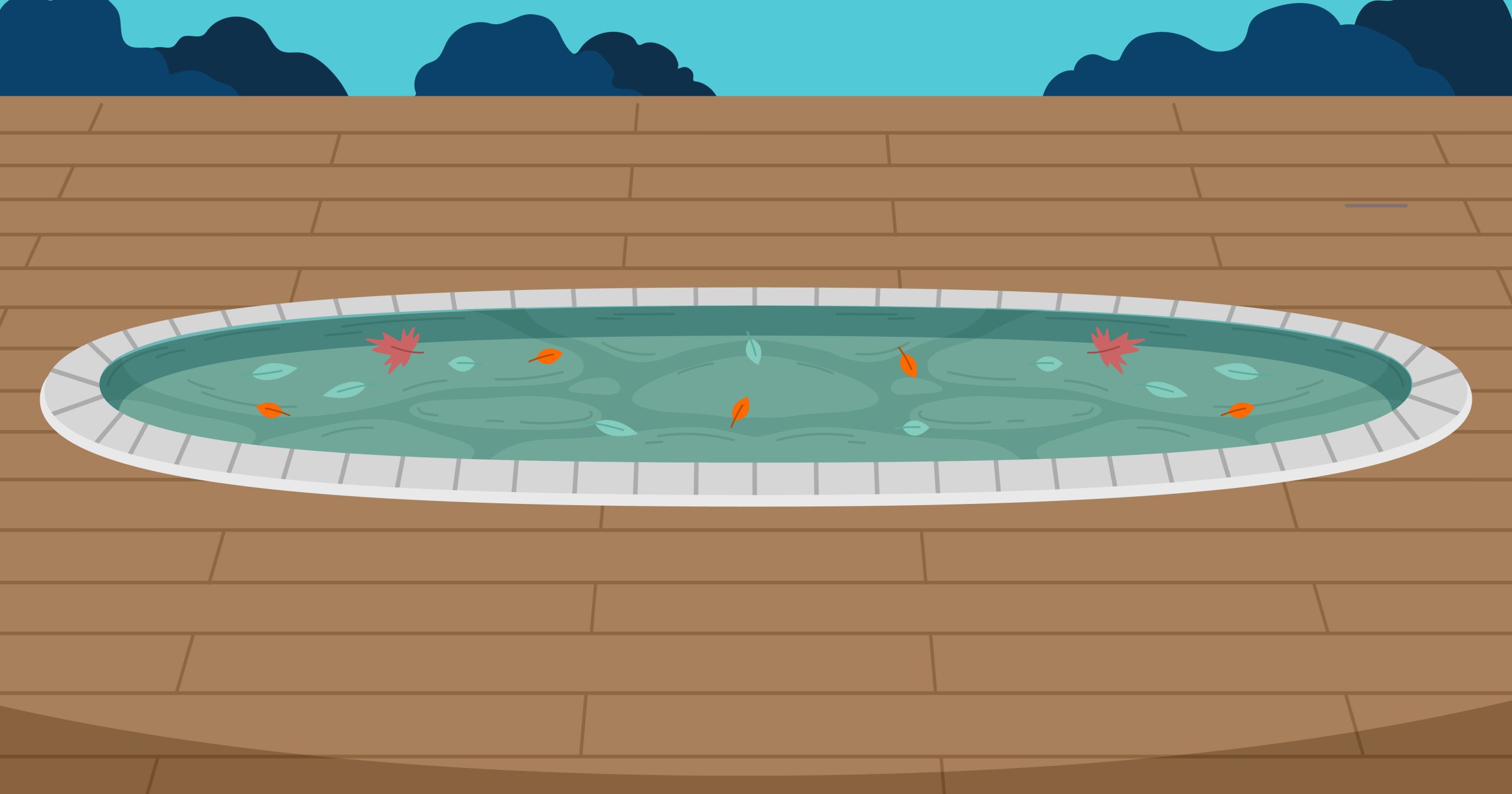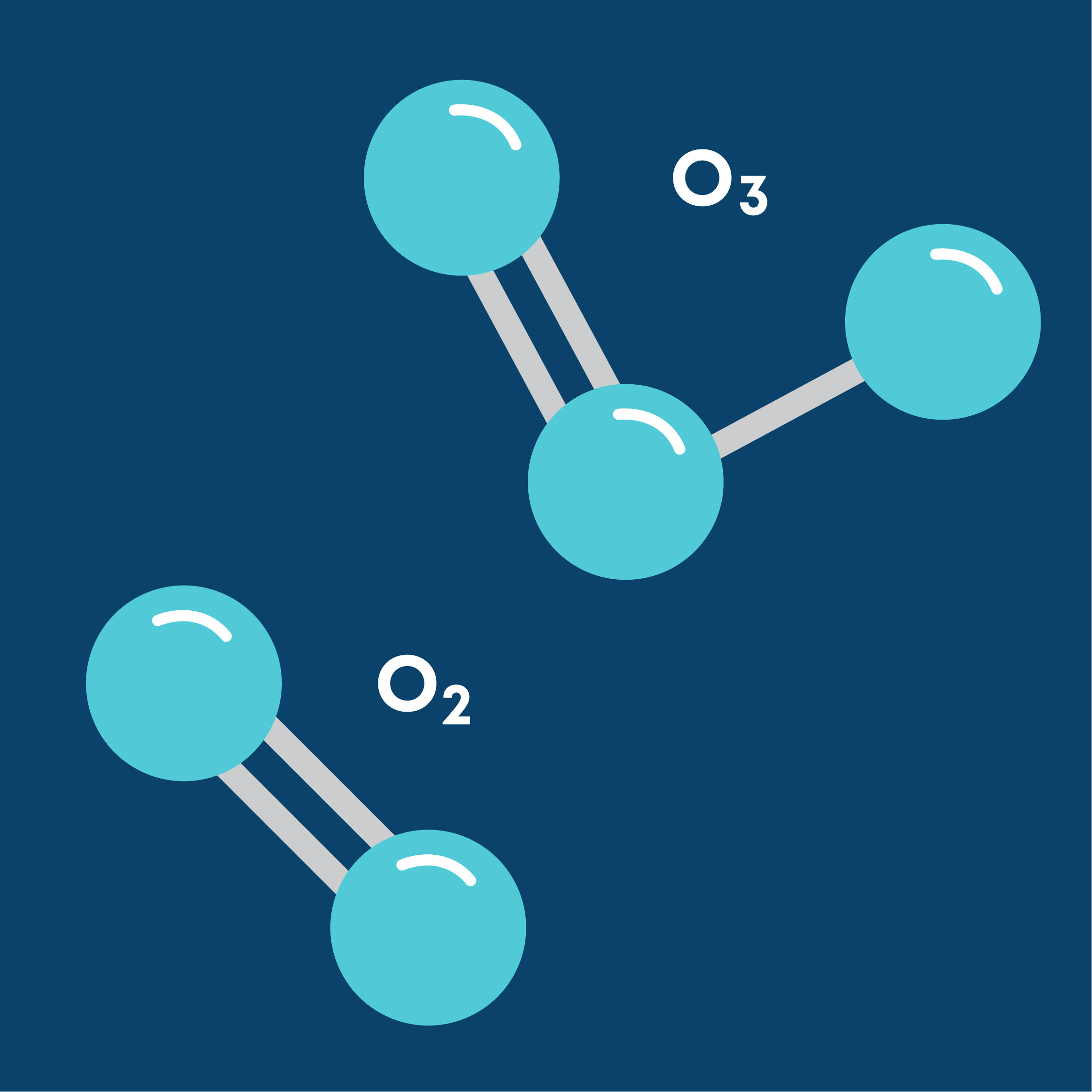The Importance of Pool Hygiene and Sanitation


Swimming pools are the epitome of relaxation and fun — a mini-vacation right in your backyard. Yet, behind that inviting blue water lurks the potential for various types of bacteria and pathogens. Understanding the world of pool hygiene and sanitation is not just good practice, it’s imperative for anyone who wants to keep their swimming experience safe and enjoyable.
What Are the Main Hygiene Risks in a Swimming Pool?
Your pool could host a variety of bacteria, parasites, and viruses if left unsanitized. The most common culprits include:
- E. coli — A bacteria that can lead to gastrointestinal illnesses.
- Cryptosporidium — A chlorine-resistant parasite causing diarrhea.
- Pseudomonas aeruginosa — Known for causing swimmer’s ear and skin rashes.
- Giardia — Causes giardiasis, another diarrhea-inducing disease.
- Shigella — Can result in shigellosis, characterized by abdominal pain and fever.
- Noroviru — Known for causing stomach and intestinal inflammation.
Why is Pool Sanitation Important?
Pool sanitation is your frontline defense against disease-causing organisms. Secondly, it keeps your pool healthy by inhibiting algae and fungal growth that can damage surfaces and filters.
Plus, a sanitized pool is an aesthetic pool. Its clear waters are not just pleasing to the eye but also a hallmark of safety and cleanliness.





